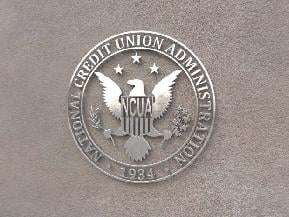<p>Many of the more popular fraud schemes are being played out in credit unions across the country. Here is a rundown of the top risks challenging credit unions in 2002: 1.</p> <p>Bogus Invoice: The credit union receives an invoice for office supplies such as toner cartridges, printer ribbons, check signature guarantee, and light bulbs. The perpetrator sends the invoice, hoping it will be paid with no questions asked. The invoice amount can range from a few dollars to several hundred. The company, name, address, fax and telephone numbers usually do not exist or at best the telephone number is an answering machine. 2.</p> <p>Plastic Card Data Base being hacked: A hacker at a third party server breaches Visa and MasterCard plastic card data The information potentially compromised included the account numbers and are typically used for “card not present” transactions or to create counterfeit cards. 3.</p> <p>Plastic Card Skimming: Electronic devices are placed on ATMs or point of sale locations to skim (record) the magnetic track information on the back of credit and debit cards. This information is used to create counterfeit plastic cards. 4.</p> <p>Canadian Lottery: Deceptive telemarketers continue to call Americans using the “Canadian Lottery” and various overseas sweepstake scams. The member receives a telephone call, email or letter stating they have won the Canadian Lottery. Note: there is no such lottery. The fraud premise is to obtain the members’ account or credit card information to pay for the alleged taxes or handling fees. Another version involves a member receiving a check drawn on a bank outside the United States for $125,000. The member is then instructed to wire transfer $80,000 to an off-shore account and the remaining balance is for the member. A five-day hold is placed on the item. The funds were released and the check is returned as counterfeit. Regulation CC does not apply to checks drawn on financial institutions outside the US, Virgin Islands or Puerto Rico. Source: CUNA Mutual</p>
 Search
Search














 Copyright © 2024 ALM Global, LLC. All Rights Reserved.
Copyright © 2024 ALM Global, LLC. All Rights Reserved.